Stem Cell Therapy in Thailand: A Cost-Effective Alternative to US and Europe
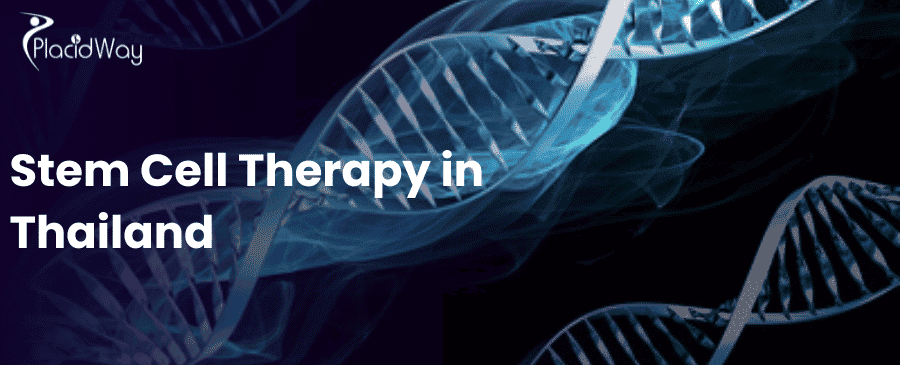
Stem cell therapy represents a frontier in modern medicine, offering hope for a wide range of conditions, from degenerative diseases and chronic pain to anti-aging and aesthetic applications. As this innovative field evolves, an increasing number of patients are looking beyond their home countries to access treatments that may not be available or affordable locally. Thailand has emerged as a prominent destination for medical tourism, particularly for advanced therapies like stem cell treatment.
A primary driver for patients considering Thailand is the significant cost difference compared to Western nations like the United States and many European countries. While the quality of care in Thailand's leading hospitals and clinics is often on par with international standards, the overall expenses can be dramatically lower. However, understanding the nuances of these costs – what's included, what factors influence the price, and the regulatory landscape – is crucial for making an informed decision.
This comprehensive guide will delve into the cost of stem cell therapy in Thailand, offering a detailed comparison with prices in the US and various European countries. We'll explore the factors that contribute to these price disparities, provide typical cost ranges for different conditions, and shed light on what patients can expect in terms of inclusive services and regulatory considerations. Our aim is to provide clarity for those considering Thailand as their destination for stem cell therapy.
How much does stem cell therapy cost in Thailand generally?
Thailand has established itself as a cost-effective destination for a wide array of medical treatments, and stem cell therapy is no exception. The price of stem cell therapy in Thailand is significantly more competitive than in many Western nations, but it is not a fixed price and depends heavily on several variables.
Generally, you can expect the cost of a single stem cell therapy session in Thailand to range from approximately $1,250 to $40,000 USD. This broad range reflects the diversity of conditions treated and the complexity of the protocols involved.
Here’s a breakdown by typical applications, based on various reports:
- Orthopedic Conditions (e.g., arthritis, joint pain): Treatments for joint issues or sports injuries tend to be on the lower end of the spectrum, often ranging from $2,000 to $18,000 USD per treatment. This might involve localized injections of stem cells.
- Neurological Disorders (e.g., Parkinson's, Multiple Sclerosis, Stroke Recovery): More complex neurological conditions often require higher quantities of cells, multiple infusion methods (e.g., intravenous, intrathecal), and a more comprehensive treatment plan. Costs for these can range from $7,100 to $25,000 USD or more per treatment protocol, and potentially higher for comprehensive long-term plans.
- Anti-aging and Aesthetic Procedures: Stem cell treatments for skin rejuvenation, hair restoration, or general vitality are typically on the lower to mid-range, from $2,300 to $10,000 USD per session.
- Autoimmune and Degenerative Conditions: For systemic conditions, treatments might fall into the higher range, often involving multiple infusions.
The total cost can also be influenced by the type and quantity of stem cells used (e.g., autologous – from your own body, or allogeneic – from a donor like umbilical cord), the number of infusions required for a full protocol, and whether the clinic offers comprehensive packages that include accommodation, airport transfers, and post-treatment follow-ups. Many Thai clinics are designed to cater to international patients, often bundling these services to provide a more convenient and transparent pricing structure.
How does the cost of stem cell therapy in Thailand compare to the United States?
The cost disparity between stem cell therapy in Thailand and the United States is one of the most compelling reasons for medical tourism. Patients can often achieve substantial savings without compromising on the quality of care.
Here's a direct comparison:
Reasons for the significant cost difference:
- Lower Operational Costs: Thailand benefits from significantly lower overhead expenses, including staff salaries (surgeons, nurses, support staff), facility rents, utilities, and administrative costs. These lower operational costs are directly reflected in the treatment prices.
- Medical Tourism Infrastructure: Thailand has proactively invested in and developed a robust medical tourism industry. This has led to an efficient system that caters to international patients, often streamlining processes and offering competitive packages to attract global clientele.
- Regulatory Environment: While Thailand has regulations for stem cell therapy (under the Thai FDA), the regulatory pathways and approval processes for certain stem cell applications may differ from the highly stringent, lengthy, and expensive FDA approval process in the US. This can reduce the cost burden on clinics in Thailand.
- Insurance Coverage: In both countries, stem cell therapy for many conditions is often considered experimental and typically not covered by standard health insurance, making it largely an out-of-pocket expense for patients.
The ability to save thousands, or even tens of thousands, of dollars on complex stem cell treatments is a major draw for patients opting for treatment in Thailand.
How do stem cell therapy costs in Thailand compare to Europe?
Comparing stem cell therapy costs between Thailand and Europe requires distinguishing between Western and Eastern European countries, as there is a notable price divergence within Europe itself. However, generally, Thailand remains highly competitive.
Comparison with Western Europe (e.g., Germany, Switzerland, Netherlands, Spain):
Western European countries generally have higher costs for stem cell therapy, often similar to or somewhat less than the US, but still significantly more expensive than Thailand.
Reasons for the higher costs in Western Europe include similar factors as the US: higher living standards, higher labor costs for medical professionals, and robust regulatory environments.
Comparison with Eastern Europe (e.g., Ukraine, Poland, Czech Republic, Serbia):
Eastern European countries generally offer more competitive pricing for stem cell therapy, often positioning themselves as affordable alternatives to Western Europe. Their costs can be more comparable to Thailand, or sometimes slightly higher.
While Eastern Europe offers good value, Thailand often retains a slight edge in overall affordability, especially when considering the comprehensive packages and well-established medical tourism infrastructure.
What factors influence the total cost of stem cell therapy in Thailand?
Understanding the factors that contribute to the overall cost of stem cell therapy in Thailand can help patients budget and make informed decisions. While Thailand offers competitive pricing, the final bill is influenced by several variables:
- Type and Severity of the Condition:
- Treating localized orthopedic issues (e.g., knee arthritis) with a single injection tends to be less expensive than addressing complex systemic or neurological degenerative diseases (e.g., Parkinson's, multiple sclerosis), which often require multiple, more sophisticated infusions.
- More severe or advanced stages of a condition may necessitate a more intensive and thus costlier treatment protocol.
- Type and Quantity of Stem Cells Used:
- Source of Cells: Costs can vary depending on whether autologous (from the patient's own body, e.g., adipose or bone marrow) or allogeneic (from a donor, e.g., umbilical cord blood/tissue) stem cells are used. Allogeneic cells often require more rigorous screening and processing, which can impact cost.
- Number of Cells: Higher cell counts or dosages typically correlate with higher costs, as more raw material and processing are involved.
- Processing Method: The method of preparing the stem cells (e.g., simple isolation vs. expansion in a lab to achieve higher cell counts) also affects the price.
- Number of Infusions/Sessions: Many conditions require more than one stem cell infusion or a series of treatments over a period to achieve potential benefits. A multi-session protocol will naturally be more expensive than a single session.
- Clinic Reputation and Technology:
- Highly renowned clinics with extensive experience, international accreditations, and state-of-the-art laboratory facilities may charge more. These clinics often invest heavily in research, advanced equipment, and highly skilled medical teams.
- The technology used for cell processing, culturing, and administration can also influence costs.
- Included Services in the Package:
- Many Thai clinics offer all-inclusive packages for international patients. These can significantly affect the total cost. A basic package might only cover the procedure, while a comprehensive one could include:
- Initial consultations and diagnostics.
- Pre- and post-treatment blood tests and evaluations.
- Hospitalization or clinic stay.
- Post-operative medications.
- Airport transfers and local transportation.
- Accommodation (hotel stay).
- Dietitian and rehabilitation support.
- Many Thai clinics offer all-inclusive packages for international patients. These can significantly affect the total cost. A basic package might only cover the procedure, while a comprehensive one could include:
- Additional Therapies: Some protocols combine stem cell therapy with other supportive treatments (e.g., hyperbaric oxygen therapy, physiotherapy, specialized nutrition plans). These add to the overall cost.
Patients should always request a detailed, transparent quote from their chosen Thai clinic, outlining all inclusions and potential additional expenses, to ensure clear financial planning.
What is the regulatory framework for stem cell therapy in Thailand?
Thailand has developed a structured regulatory framework for stem cell therapy, primarily under the oversight of the Thai Food and Drug Administration (Thai FDA), which falls under the Ministry of Public Health. This framework aims to ensure the safety, quality, and efficacy of stem cell products and therapies.
Here are the key aspects of the regulatory environment in Thailand:
- Thai FDA as Regulator: The Thai FDA is the primary authority responsible for regulating stem cell therapies, treating them as "biological products." This means that stem cell products must meet specific standards for manufacturing, testing, and clinical use.
- Categorization of Therapies: The regulatory approach differentiates between:
- Research and Clinical Trials: Many novel or unproven stem cell applications are permitted and encouraged within the context of controlled clinical trials. These trials must be approved by an institutional ethics committee and registered, adhering to international standards of research.
- Authorized Medicinal Uses: For certain conditions where sufficient evidence of safety and efficacy has been established, stem cell therapies may receive specific authorization for routine clinical use. This pathway is more stringent and requires robust data.
- Compassionate Use: In some cases, therapies might be allowed for individual patients under compassionate use guidelines for life-threatening conditions where no other treatment options are available, subject to strict medical and ethical review.
- Manufacturing and Quality Standards: Clinics and laboratories involved in processing stem cells are required to comply with Good Manufacturing Practice (GMP) standards. This ensures the sterility, purity, and potency of the stem cell products.
- Ethical Guidelines: Thailand has established ethical guidelines for stem cell research and therapy. These cover aspects such as informed consent, patient rights, and responsible sourcing of stem cells. The use of embryonic stem cells is generally a sensitive area, with most legitimate clinics focusing on adult stem cells (e.g., Mesenchymal Stem Cells from umbilical cord, adipose tissue, or bone marrow) which pose fewer ethical concerns.
- Focus on Specific Applications: The regulatory environment tends to be more permissive for certain applications of stem cells (e.g., for orthopedic conditions or anti-aging) where the risks are perceived to be lower or preliminary evidence is more extensive. However, for complex degenerative diseases, a more cautious and research-oriented approach is often taken.
The evolving nature of stem cell research means that regulations can be updated. Patients considering stem cell therapy in Thailand should always inquire about the specific regulatory status of the treatment they are seeking and ensure the clinic operates within the legal framework and holds the necessary licenses.
What types of stem cells are commonly used in Thailand for therapy?
Thai clinics offering stem cell therapy predominantly utilize specific types of stem cells, mainly adult stem cells, which are favored for their therapeutic potential and adherence to ethical guidelines.
The most commonly used types of stem cells in Thailand include:
- Mesenchymal Stem Cells (MSCs): These are multipotent stromal cells that can differentiate into various cell types (e.g., bone, cartilage, fat cells). They are highly valued for their:
- Immunomodulatory properties: Ability to regulate the immune system, reducing inflammation.
- Anti-inflammatory effects: Crucial for many degenerative and autoimmune conditions.
- Secretory functions: They release growth factors and cytokines that promote tissue repair and regeneration.
- Low immunogenicity: Making them suitable for allogeneic (donor) use with a lower risk of rejection.
- Umbilical Cord Tissue-Derived MSCs (UC-MSCs): This is a very popular source. Umbilical cord tissue, usually discarded after birth, is rich in young, potent MSCs. They are easily collected without risk to the donor and can be expanded in the lab to provide a large number of cells. Many clinics in Thailand specialize in UC-MSC therapies due to their accessibility and efficacy potential across various conditions.
- Adipose (Fat) Tissue-Derived MSCs (AD-MSCs): These are harvested from the patient's own fat via a mini-liposuction procedure (autologous). They are readily available and abundant, making them a convenient source for personalized treatments, particularly for orthopedic and aesthetic applications.
- Bone Marrow-Derived MSCs (BM-MSCs): While a more invasive collection procedure than adipose tissue, bone marrow remains a traditional and effective source of MSCs, particularly for orthopedic and some neurological applications.
- Platelet-Rich Plasma (PRP): While not strictly a stem cell therapy, PRP is often used in conjunction with stem cells or as a standalone regenerative treatment, particularly for musculoskeletal issues. It's derived from the patient's own blood and contains concentrated growth factors that stimulate healing.
Types of stem cells generally NOT used in legitimate Thai clinics:
- Embryonic Stem Cells (ESCs): The use of embryonic stem cells for therapeutic purposes is generally not permitted in Thailand due to ethical and regulatory considerations related to the destruction of embryos.
- Induced Pluripotent Stem Cells (iPSCs): While a promising area of research globally, iPSCs are still largely in the research phase for therapeutic applications and are not typically offered clinically in Thailand.
Reputable Thai clinics will be transparent about the type and source of stem cells they use, ensuring they adhere to national regulations and ethical guidelines.
Explore PlacidWay for solutions related to medical tourism, healthcare services, or other relevant offerings.


.png)
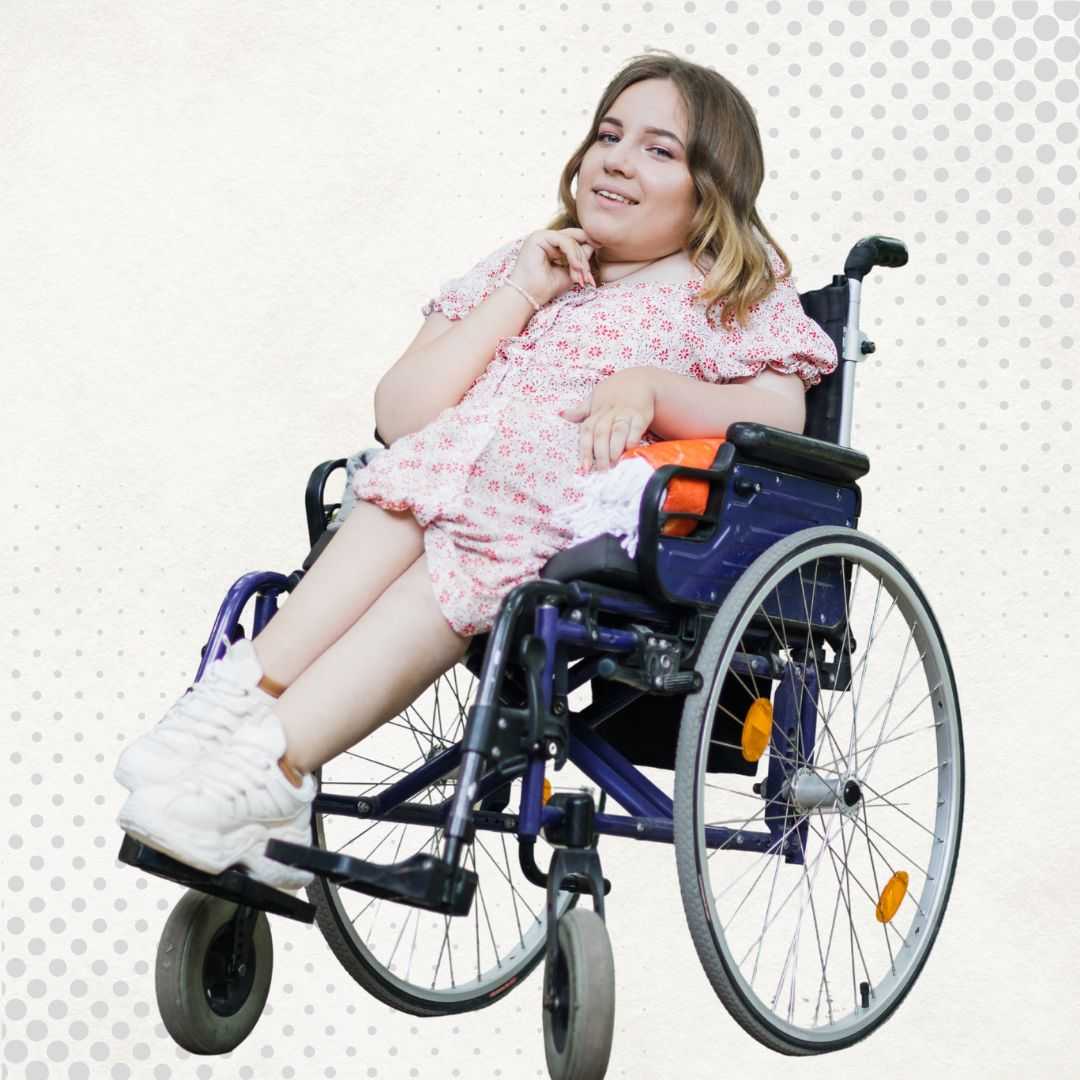
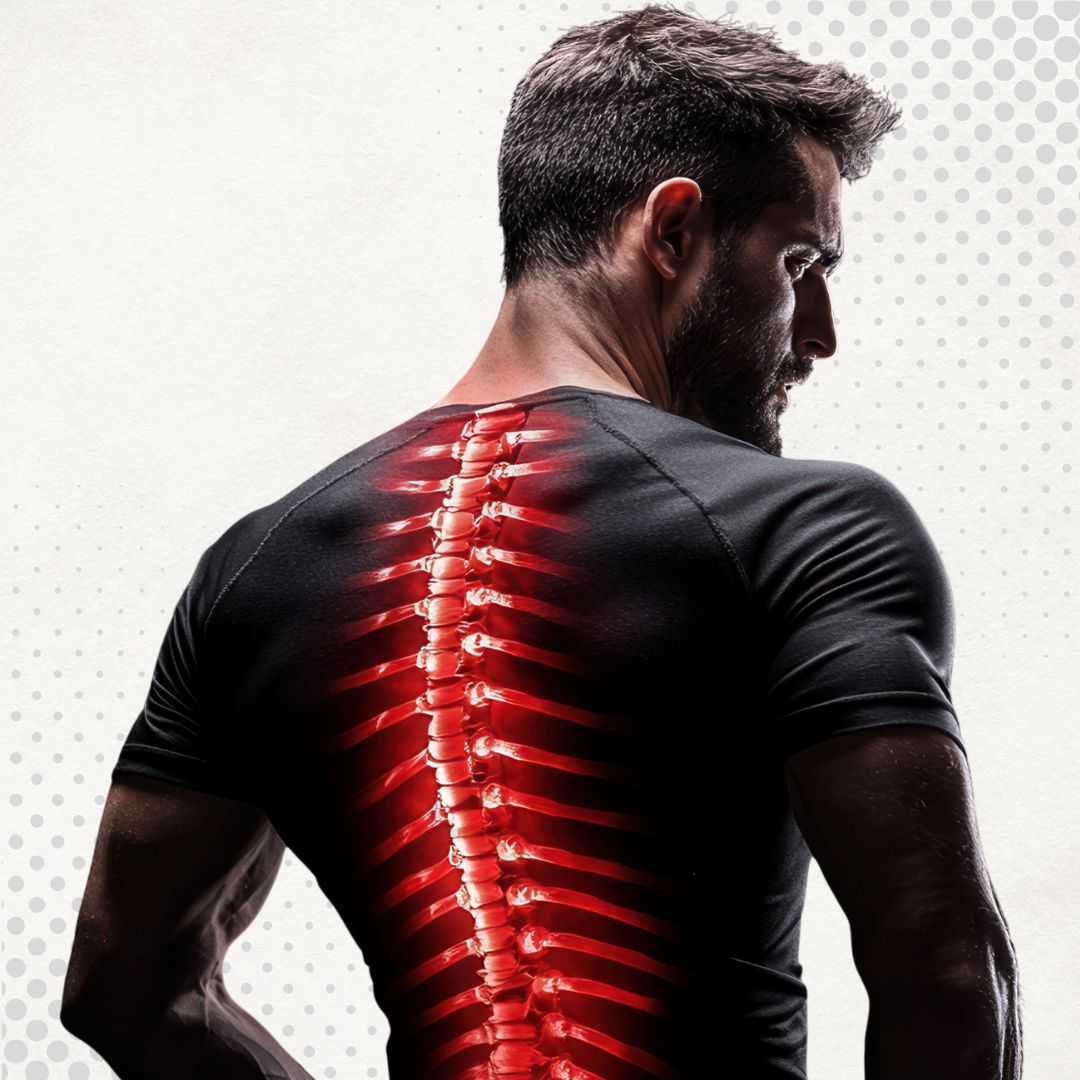

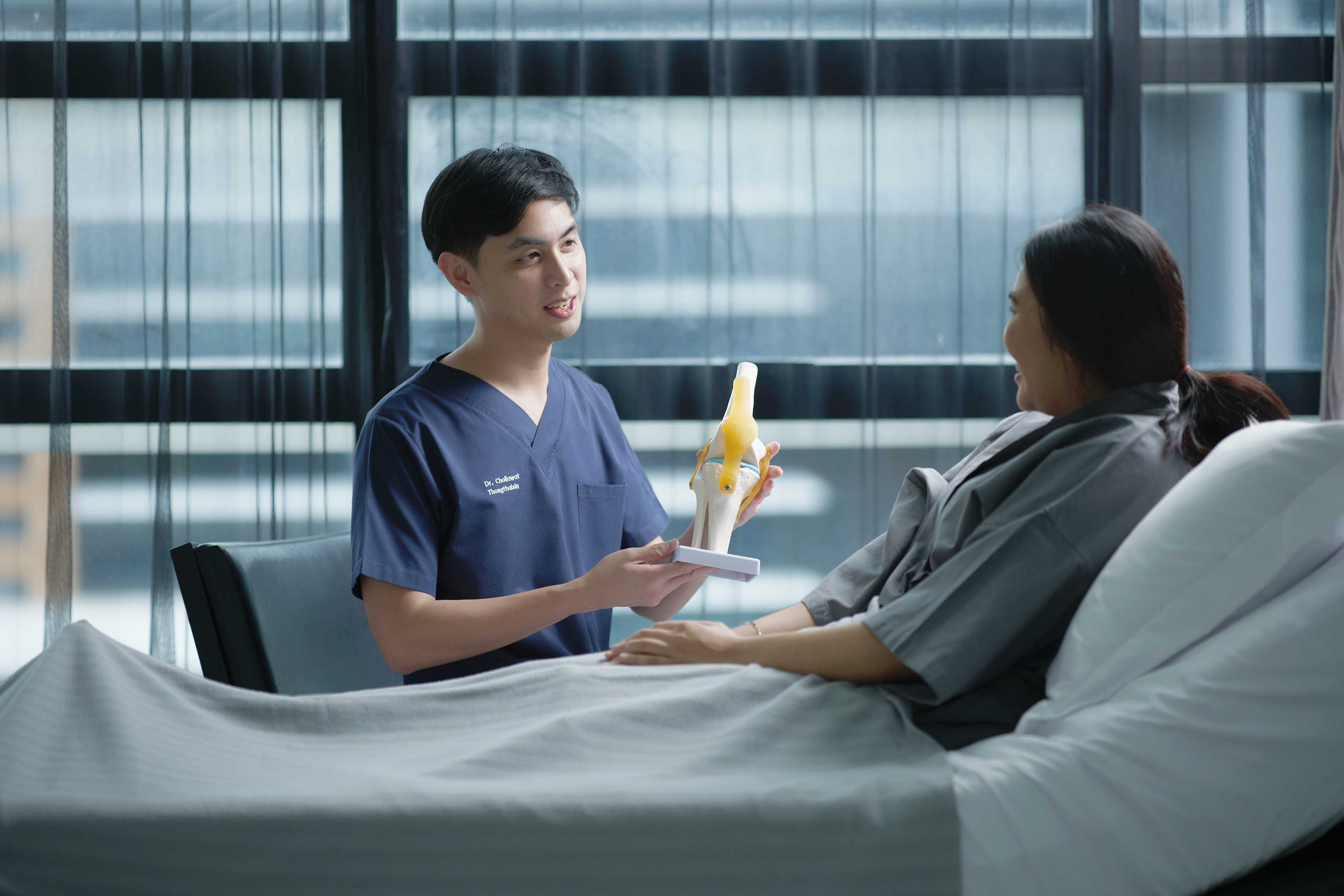
.png)
.png)
-(1).png)
-(1).png)
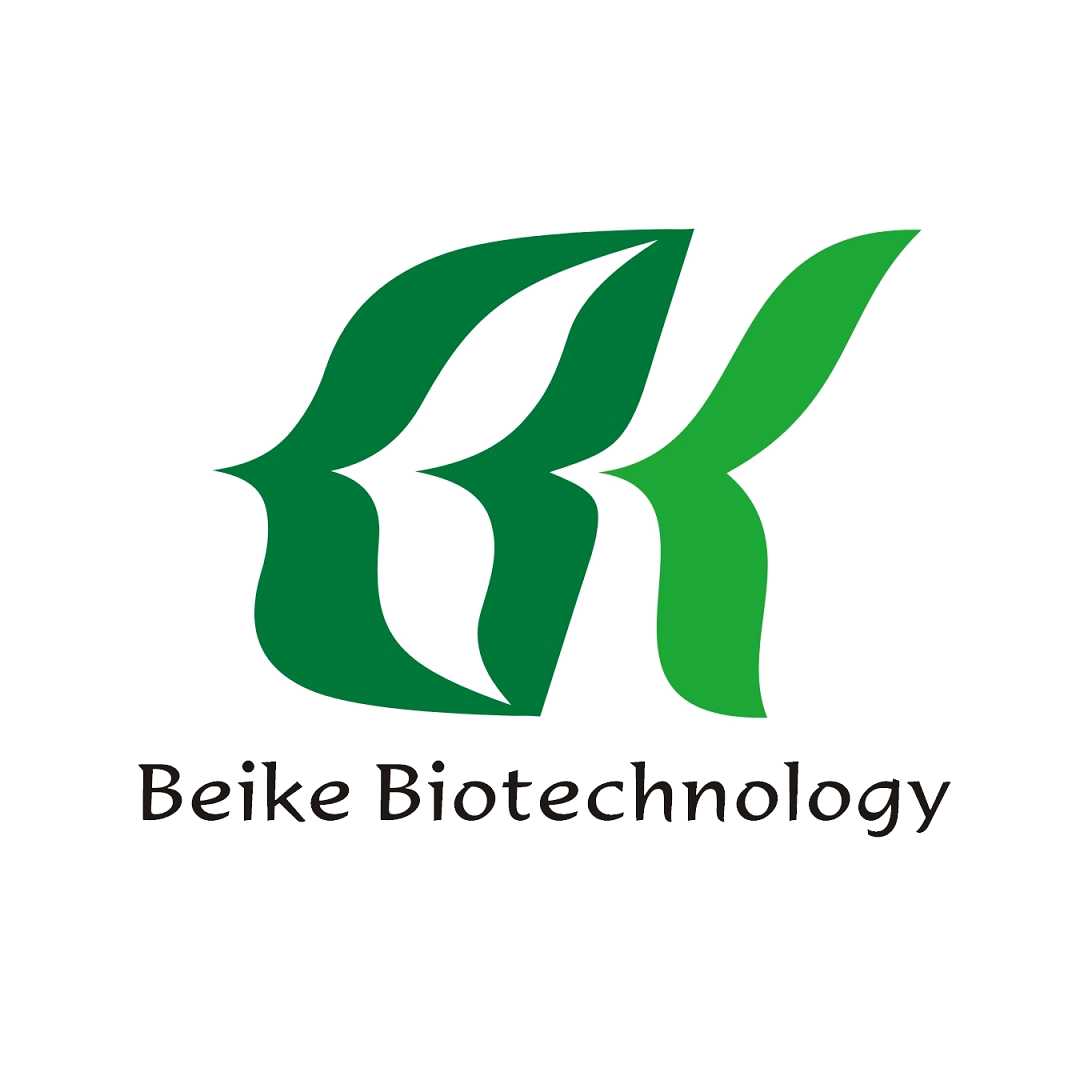
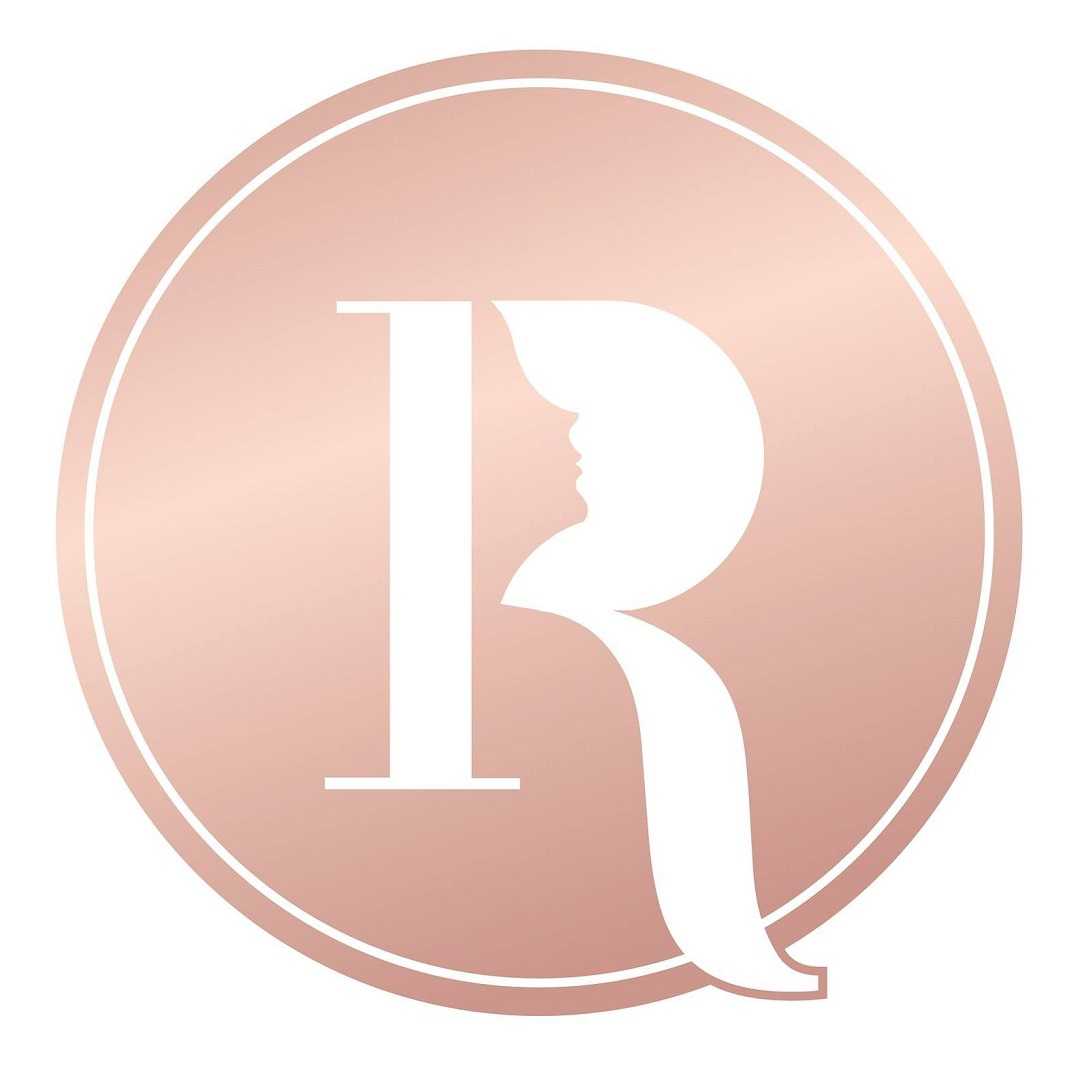
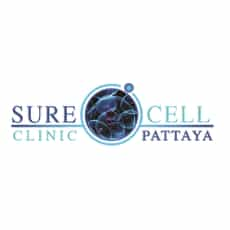
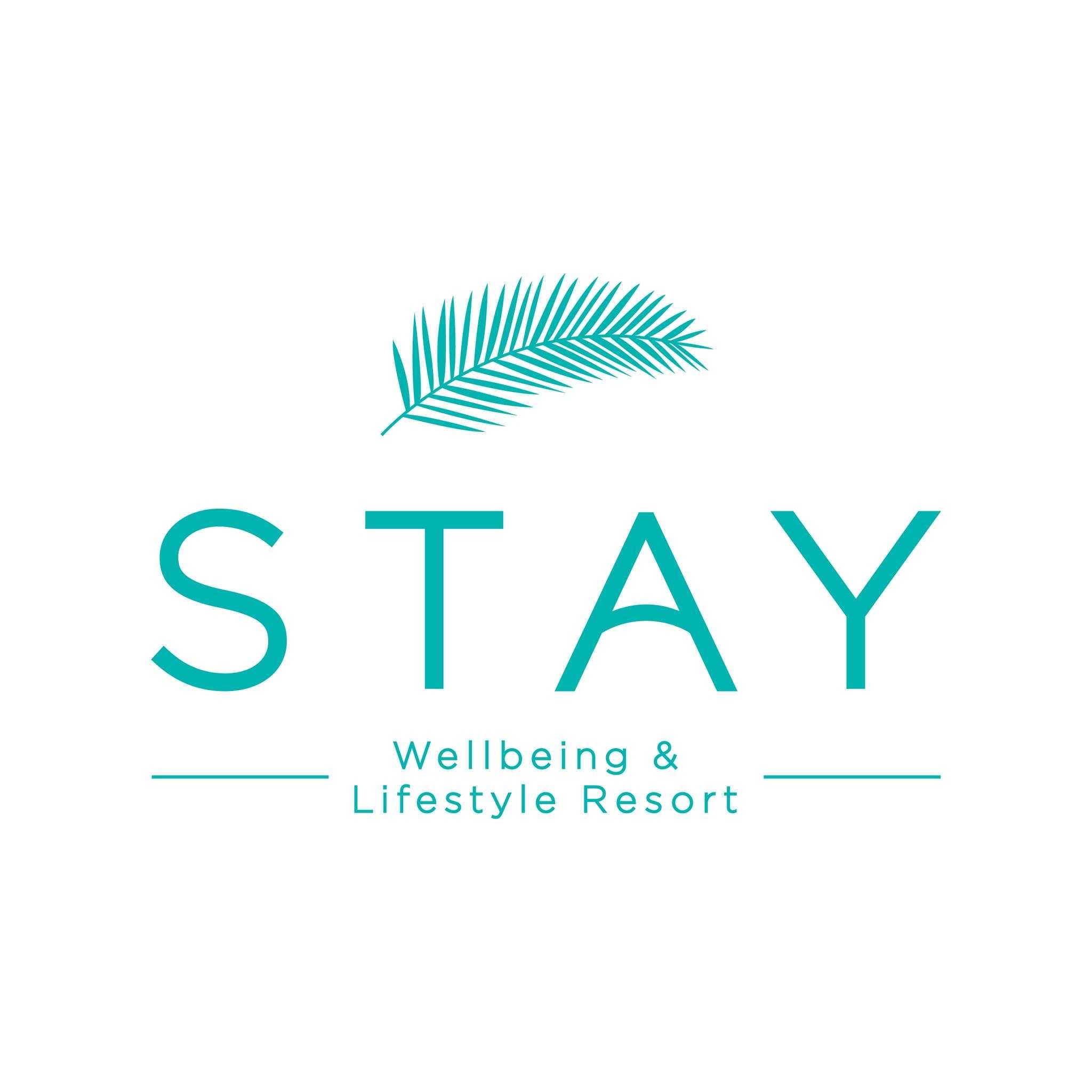
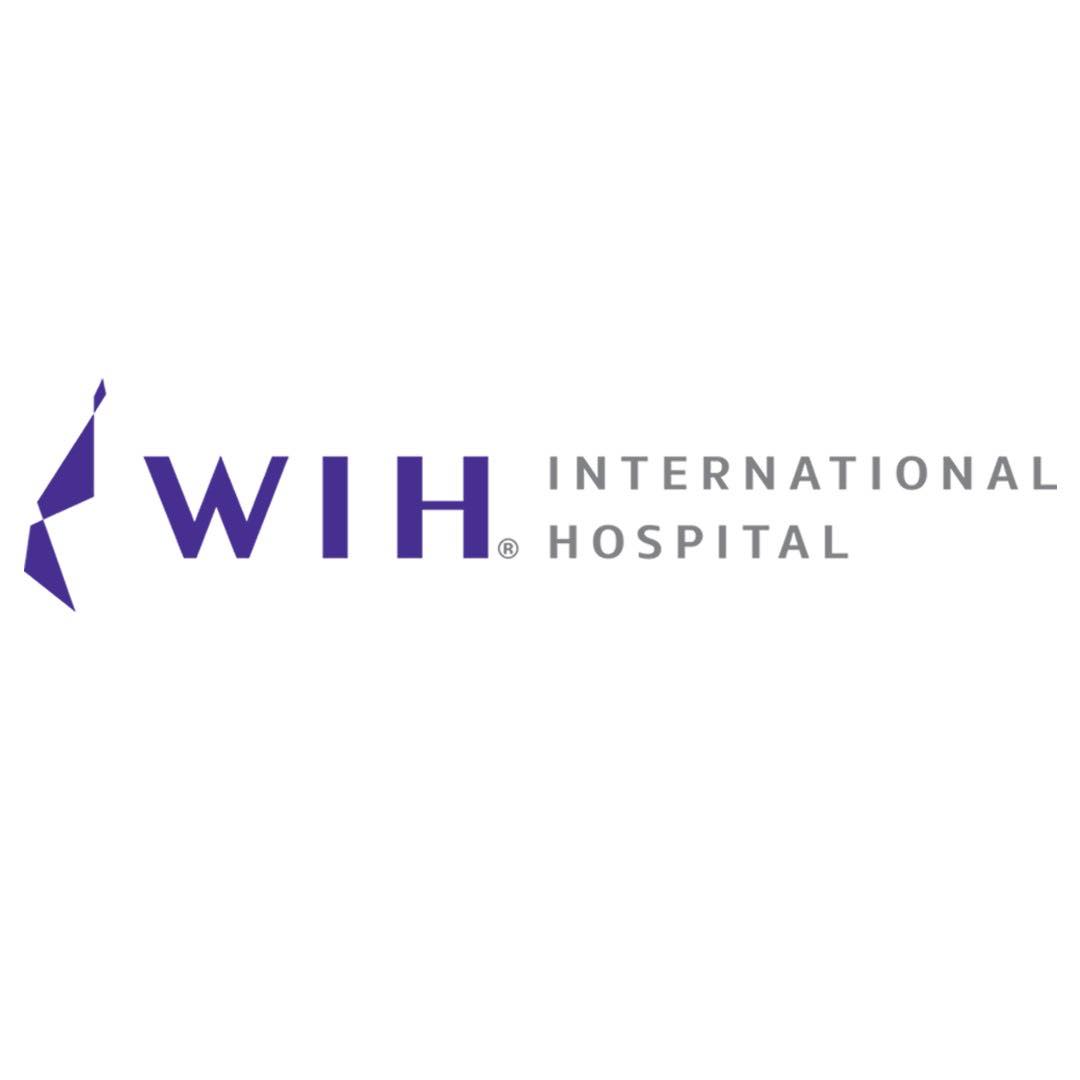

Share this listing